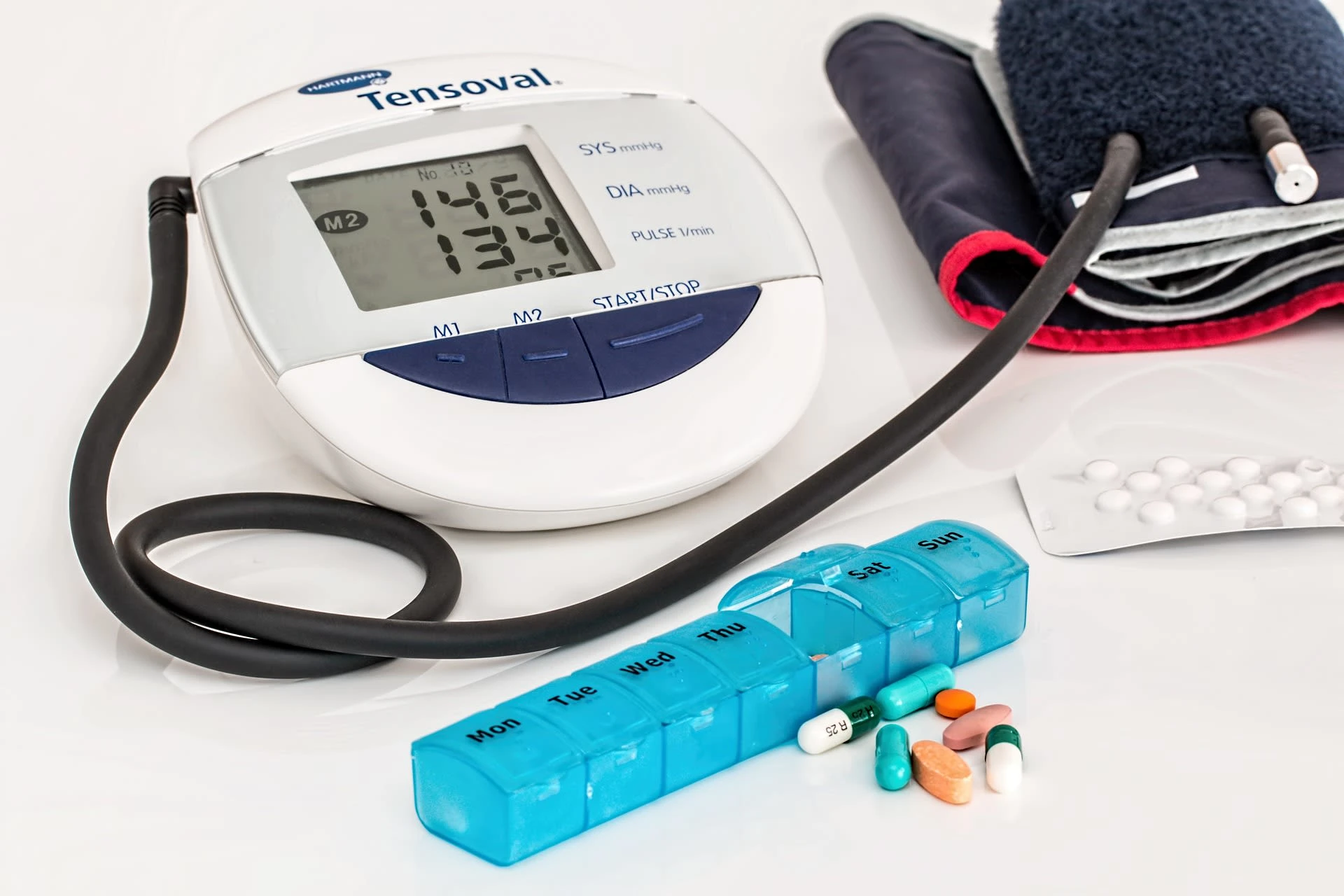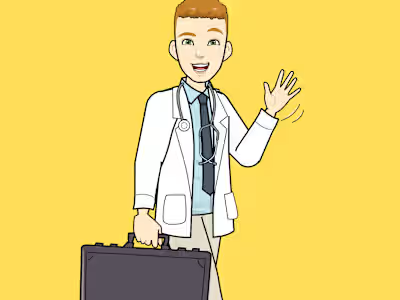High Blood Pressure (Symptoms, Causes, and Prevention)

Overview
High blood pressure, also known as hypertension, is a common condition that affects the arteries (vessels that carry blood from the heart to the rest of your body). It occurs when the force of the blood pushing against the artery walls is consistently too high. This can damage the arteries and increase the risk of heart disease, stroke, kidney disease, and other serious health problems.
Symptoms of High Blood Pressure (Hypertension)
Most people with high blood pressure have no symptoms, even if their blood pressure readings reach dangerously high levels. That's why it's important to have your blood pressure checked regularly by a healthcare provider.
Some people with high blood pressure may experience:
Severe headache
Shortness of breath
Nosebleed
Severe anxiety
A feeling of pulsations in the neck or head
However, these symptoms are not specific and usually don't occur until high blood pressure has reached a severe or life-threatening stage. If you have any of these symptoms, seek medical attention right away.
Causes of High Blood Pressure
The exact causes of high blood pressure are unknown, but several factors can contribute to it. These include:
Age: The risk of high blood pressure increases as you get older.
Family history: Having a close relative with high blood pressure can increase your risk.
Race: High blood pressure is more common among people of African descent.
Lifestyle: Unhealthy habits such as smoking, drinking too much alcohol, eating too much salt, being overweight or obese, and not getting enough exercise can raise your blood pressure.
Stress: Chronic stress can affect your blood pressure levels.
Medical conditions: Some health problems such as diabetes, kidney disease, sleep apnea, thyroid or adrenal gland problems can cause or worsen high blood pressure.
Medications: Some drugs such as birth control pills, steroids, decongestants, pain relievers, and some antidepressants can affect your blood pressure.

Prevention and Treatment of High Blood Pressure (Hypertension)
The good news is that you can prevent and treat high blood pressure by making some simple lifestyle changes. These include:
Eating a healthy diet that is rich in fruits, vegetables, whole grains, low-fat dairy products, and lean proteins. Avoid foods that are high in saturated fat, cholesterol, trans fat, salt, and sugar.
Getting regular exercise that is moderate in intensity and duration. Aim for at least 150 minutes of physical activity per week.
Maintaining a healthy weight that is appropriate for your height and body type. Losing even a few pounds can lower your blood pressure.
Quitting smoking or avoiding exposure to secondhand smoke. Smoking damages your arteries and raises your blood pressure.
Limiting alcohol intake to no more than one drink per day for women and two drinks per day for men. Drinking too much alcohol can raise your blood pressure and harm your liver and heart.
Learning to manage stress in healthy ways such as meditation, yoga, breathing exercises, hobbies, or counseling. Stress can trigger or worsen high blood pressure.
Checking your blood pressure regularly at home or at a clinic. Keep track of your readings and share them with your healthcare provider.
Taking medications as prescribed by your health care provider if lifestyle changes are not enough to control your blood pressure. There are different types of drugs that can lower your blood pressure by relaxing your blood vessels, reducing the amount of fluid in your body, or affecting certain hormones or enzymes. Your healthcare provider will help you find the best medication for you based on your medical history and condition.
High blood pressure is a serious but manageable condition that affects millions of people worldwide. By knowing the symptoms and causes of high blood pressure and taking steps to prevent and treat it, you can protect your health and reduce your risk of complications.
Like this project
Posted Apr 30, 2023
Writing and medical review
Likes
0
Views
17




